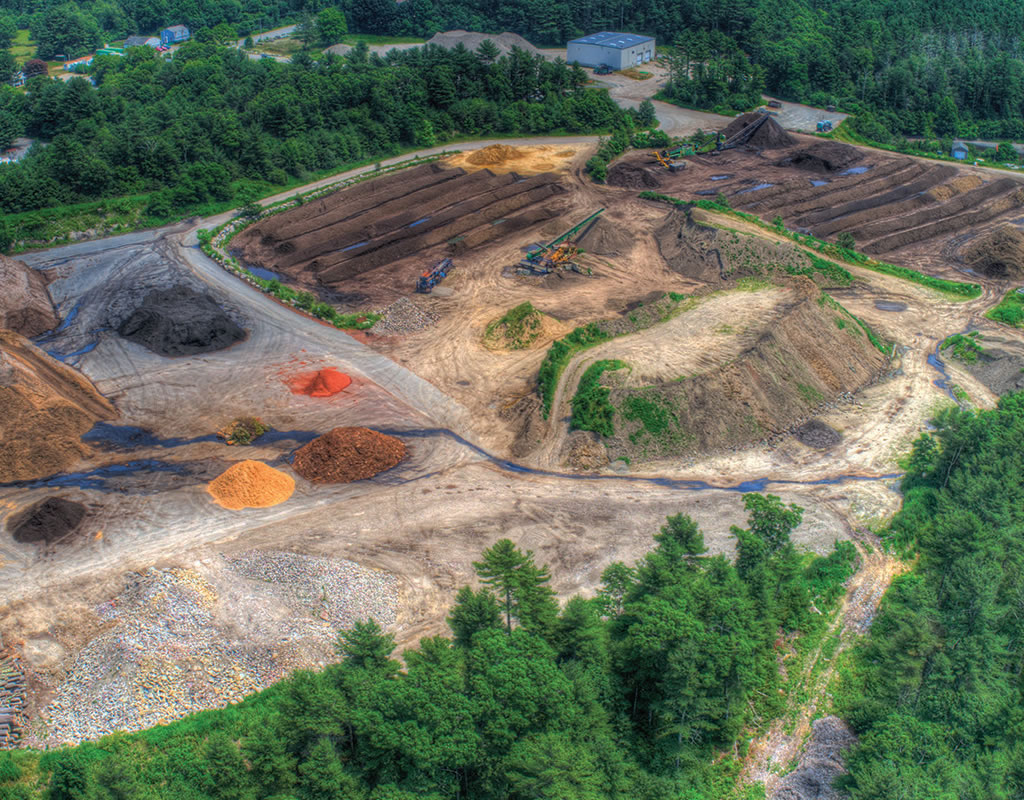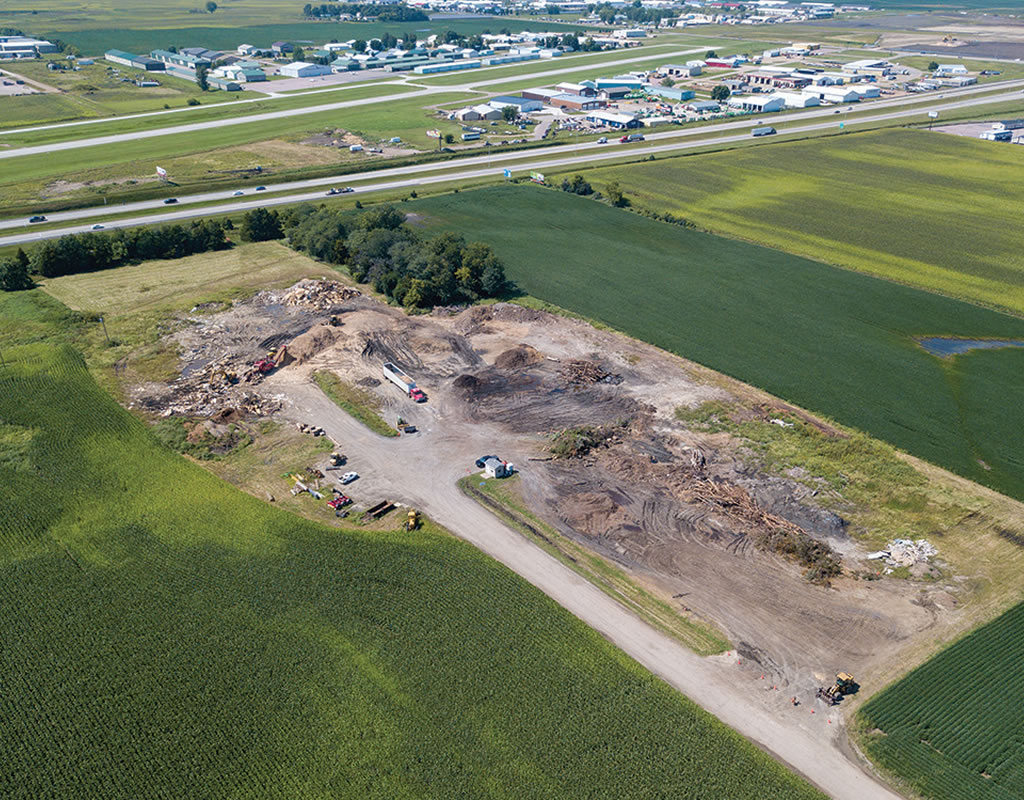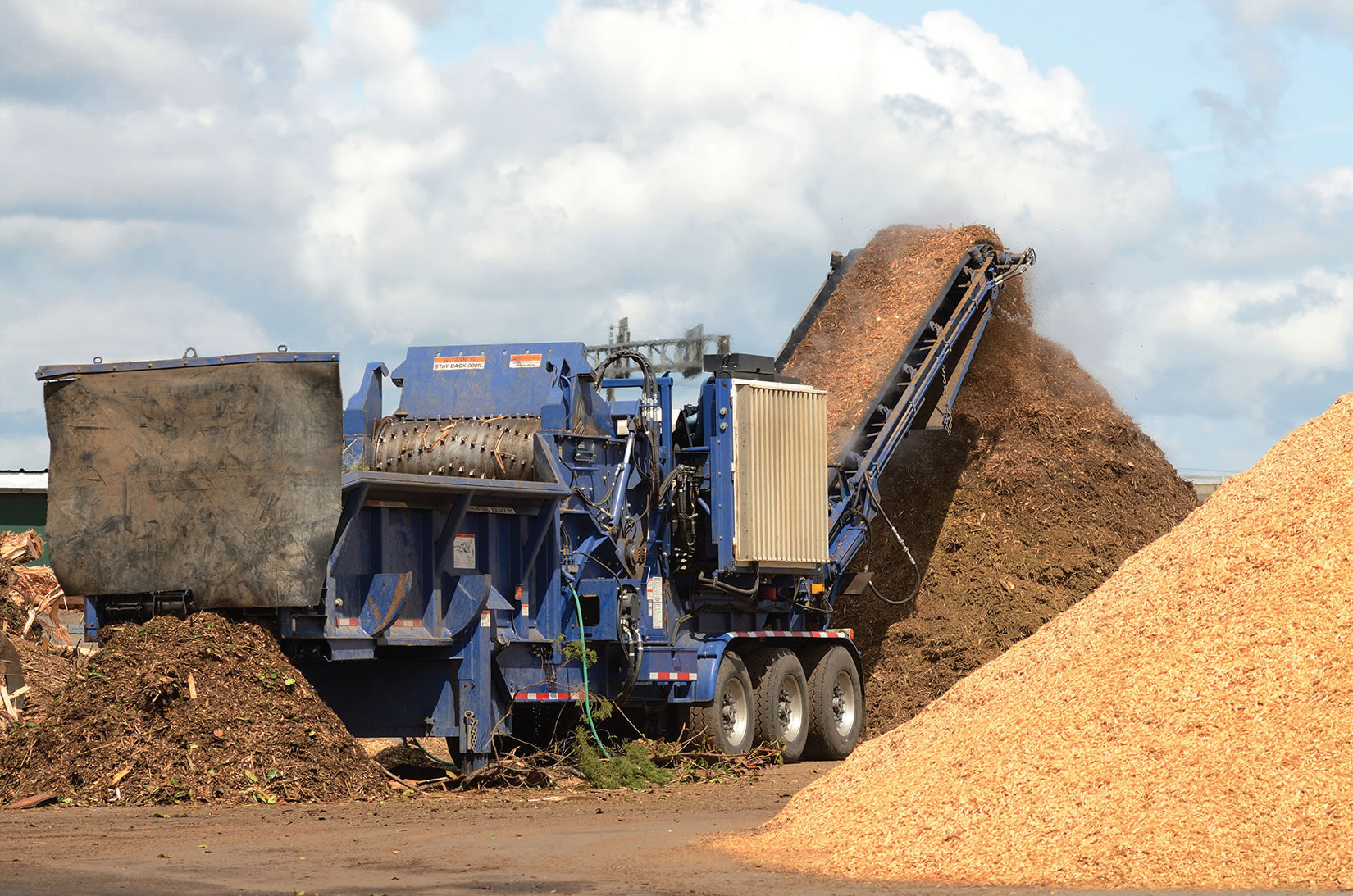By Robert C. LaGasse, Executive Director
Most trade associations get started when a group of industry people band together to fight a common problem like unfair laws or regulations or even unethical and anti-competitive trade practices. Working together to solve a common business interest may take months or years, but when the problem is solved— then what?
Without a new threat, many organizations simply bump along mostly sharing information in publications and newsletters without an urgent purpose that adequately defined who they are and what they do — until the internet.
For younger business owners and managers, social media replaced information services offered by associations. Meetings became less important due to the constant flow of information. Why go to a reunion if you already know everything your classmates have been doing on a day-to-day basis? Soft services like group buying discounts simply did not compare with on-line order discounts; so, without a common threat, many organizations lost focus and died — as they should have.
Why Has MSC Grown Over 48 Years?
The Mulch & Soil Council was founded in 1972 as the National Bark Producers Association (NBPA). A group of manufacturers banded together to fight the immediate threat created by the Clean Air Act that banned tepee burners for wood waste. In 1987, the NBPA was approached by a group of soil producers for help with regulations on package labeling; so, the NBPA became the National Bark & Soil Producers Association (NBSPA). Finally, the NBSPA became the Mulch & Soil Council in 2001 with the adoption of Uniform Voluntary Product Standards and introduction of the first national product certification program for the industry.
Since day one, the mission of the Council is to define product quality and promote a fair and open marketplace.
Part of the Council’s long-term success is its mission objective of maintaining a fair and open marketplace. Although mulch products are generally unregulated, they constantly fall under regulatory attack, mostly as an unintended consequence of other government efforts. So, MSC works to create or change laws that assures our industry’s right to do business without unfair regulatory burden.
Not All Regulations Are Bad
The Council is not opposed to regulations that help improve the marketplace. A perfect example are the weights & measures laws that promote fair competition among manufacturers. For example: by 1995 industry competition had become so cutthroat that manufacturers couldn’t compete fairly. Too many competitors were short-packing bags to cut freight and sell products below market.
In 1996, the MSC requested the National Institutes on Standards & Technology (NIST) coordinate with states for an industry-wide product inspection. Over 16 states checked the net contents of production lots containing hundreds of thousands of market samples over a 3-week period and found 80% of every lot inspected failed for short-packing. Heightened enforcement over the next several years combined with a series of training programs conducted by the Council gave a different result in 1998. Just 2 years after 80% of inspected products failed, only 20% failed, and no company that participated in plant manager training programs conducted by the Council failed.
MSC’s history of effective industry representation has made it the leading advisor to federal and state governments on mulch and soil products. MSC has worked with the Environmental Protection Administration (EPA) to clarify the exclusion of Chromated Copper Arsenate (CCA) from mulch products and debunking environmental claims that harvesting for mulch was destroying cypress forests in the U.S. MSC produced a report from USFS data that showed new growth exceeded mortalities and harvests for cypress by as much as 600% in most of the 7 coastal Atlantic and Gulf states. While false claims continue, they are a faint echo of the past.
The CCA and cypress challenges may have been more than many associations experienced in their entire existence but is barely a start for the MSC. In its infinite wisdom, the 2008 USDA Farm Bill (passed in 2010) decided to promote energy generation that was unsustainable in the open market; so, they funded massive subsidies to move renewable biomass (intended to be switchgrass) to energy producers under the Biomass Crop Assistance Program (BCAP). At the last minute, forest products were added to the definition of biomass in November and in December members called reporting supply contracts were being broken so landowners could get 3x market subsidies.
The $74 million BCAP legislation spent $240 million in just 6 months mostly diverting raw materials from mulch producers even though the law prevented redirecting biomass materials from existing uses. The MSC met with USDA officials in January who told us clearly, “All subsidies hurt someone; so, you just need to get used to it.”
The BCAP program was actually launched under a pre-authorization that required final approval. The Council began educating the House and Senate Agriculture Committees on the unintended consequences of not enforcing the prior use exemption. MSC also launched an education campaign to tell its members what was happening, why raw materials were disappearing and how to respond.
In November BCAP’s pre-authorization met with only 400 public comments which was mostly support from energy companies. In March its final authorization met with more than 28,000 comments from MSC members and industry stakeholders the Council worked with to force USDA to properly enforce the prior market use exclusion for forest products.
Although the misapplication of the rules was stopped, the BCAP structure is still in place and a simple redefinition of prior uses could restart a major subsidized invasion on wood fiber materials that would decimate existing manufacturing industries. MSC in business. MSC is constantly vigilant.
In 2014, MSC received complaints of unusual weights & measures enforcement. Some states were passing what other states failed; so, members sent their state inspection reports to the Council, and we noted from their data that the states were not all following the same test procedures. The rules existed in NIST Handbook 133 but were originally intended to be supported by NIST training programs.
With budget cuts, states were not sending people for training, and the general handbook testing guidelines were being interpreted very differently by some major market states. MSC worked with NIST to clarify Handbook 133 test protocols for uniform testing across all states, but it takes a majority vote of the states to change the handbook. It took 3 years to meet with states to adopt the handbook clarifications, and then another year to train the industry to follow the updated protocols.
Those are just a few of the continuous legislative and regulatory threats the mulch and soil industry faces, but Federal laws are not the only threats to our businesses. MSC also monitors the development of laws and regulations in all 50 states to provide an early warning system for members to respond to issues that might help or hurt their businesses. Weekly reports are available to members during the state legislative sessions.
Some Problems Are Market Issues
Most company owners don’t have the time and resources to monitor the entire industry while running their business. As mentioned earlier, a key problem why industries band together besides unfair laws and regulations can be unfair or anti-competitive industry practices. Not only is HOW MUCH was being put in a bag an issue but also WHAT is being put in a bag. Beyond the laws requiring full volume and excluding CCA, there was a lot of room for unethical manufacturers to deceive retailers and the public; so, the first part of the Council’s mission, defining quality products, was addressed. Given today’s consumer demand for product transparency, this issue is just as important to maintaining the industry’s future as regulatory action.
Starting around 1997, the MSC saw the need to develop industry consensus on product guidelines. Defining the highly regional nature of mulches and soils was not an easy task and took over 5 years to come to an industry-wide acceptance. In the end, the industry adopted the Uniform Voluntary Product Guidelines for Horticultural Mulches, Consumer Potting Soils and Commercial Growing Media (UVPG) which contains: (1) A Statement of Purpose & History, (2) Product Categories, (3) General Product Labeling Guidelines, (4) Glossary of Terms, and (5) Uniform Testing Protocols. Having industry-accepted standards makes it much easier for legislators and regulators to recognize the “official” nature of an organization; so, the UVPG was a huge step in bringing formal recognition to the industry and the Council.
But that was not enough. How would standards benefit the retailers and consumers who want to know if products conform, without a means to link the standards to a product?
National Voluntary Product Certification
Since 2003, the MSC has conducted a national voluntary product certification program to a retailers, regulators and consumers in determining what products conform to industry guidelines. The voluntary standards are not voluntary for certified products, they are mandatory. The program revolves around a registered Certification Logomark licensed by manufacturers for on-bag display for products that undergo MSC label review followed by laboratory testing and periodic field inspection to certify compliance with industry standards.
The role of the MSC certification is to protect consumers by identifying and correcting any product or labeling issues before regulators are called in. It is also the best way to protect a quality manufacture’s business from false media or competitor claims of product issues covered by industry standards.
While certification applies only to bagged products where chain of custody can be traced back to a specific manufacturing facility, the same cannot be done for bulk loads. But, there is definitely a need to differentiate legitimate producers from fly-by-night operators; so, the MSC created the Elite Bulk Membership.
Elite Bulk Members undergo a complete, detailed review to verify business and other licenses, to establish they follow good business practices and safety programs, and to document that the company is a legitimate operator with the capacity to produce excellent product.
These are the industry issues that, combined with its legislative/regulatory activities, form the heart of MSC’s 48 years of continuous service to the industry and its members. We have overcome numerous past obstacles not mentioned here, and there are doubtless untold future obstacles ahead. We cannot do everything for everyone; so, we focus on what we can do for members.
Keeping Members Informed
September 24-26, 2019, MSC will host its 48th Annual Membership Meeting in San Antonio, TX. This event is for the owners, key management and top sales people of member companies who spend an estimated $200 MILLION annually on equipment and another $60 MILLION on colorants.
If you are an industry supplier, these are the top people you need to meet in this industry — all in one place at one time.
If you are a mulch and soil producer, this is where the best of the industry share information, make co-packer deals, get regulatory updates, share best practices, vote on industry issues, get business inspiration, learn new technologies and meet new vendors. Non-members are welcomed to attend the MSC annual meeting at member rates — once.
For plant managers, the Council conducts special training programs on issues like quality control, checking net contents, product variability, product labeling, bulk load metrics, best management practices and more.
Between events the Council keeps members up to date on industry issues via the News, Notes & Quotes Newsletter. NO, you cannot get this information on Facebook and Twitter because this is:
- News affecting you and your business
- News you don’t have time to find
- Deep news connections whose impact is not always obvious
- Industry survey reports (how do you compare?)
- Intra-industry Competitor news that may impact you (competitor expansions, acquisitions, bankruptcies, collaborations)
- Outside-competitor news:
- New businesses/industries competing for your raw materials
- New competition for transportation in your area
- Who is driving up prices on packaging materials
We Are Always One Headline from Disaster
MSC can’t control when media stories incite the public or other emergencies happen, but we can react to situations that demand immediate attention. Just for members, the Council issues special industry reports and bulletins giving our members a jump on the competition and saving time and money responding to key issues. MSC’s Mulch & Soil Research Foundation is called to action to fill vital information gaps with factual information such as:
After Hurricane Katrina, media claimed that downed trees containing termites were being transported from LA. The MSRF commissioned a report from Kansas State Extension to correct the media misinformation about termites in mulch.
When environmental groups in the southeast U.S. claimed cypress forests were being destroyed to produce mulch, the MSRF commissioned a study of USFS data showing that was not only false but growth exceeded mortalities and harvests by over 600% in many of the coastal states in question.
Over the past several years, local fire marshals have falsely claimed that mulch and potting soil in garden and landscape applications will spontaneously combust. These irresponsible claims represent a significant product liability threat to the industry; so, MSRF commissioned a study by the fire research department at the $600 million a year Southwest Research Institute that completely debunks that claim.
When California Proposition 65 expanded its labeling requirement in 2018, the MSRF commissioned a special Protocol For Proposition 65 Chemical Exposure & Regulatory Risk Assessment For Use Of Garden Mulches, Potting Mixes, Landscape Soils & Soil Amendments/Composts to help identify what products do not need to place a proposition 65 label on the packages.
Service Keeps us Relevant
The Mulch & Soil Council has dedicated its first 48 years to solving industry problems and providing critical, pocketbook services to its members. So long as we can identify and address future issues that are important to our members, we expect to continue in service to the industry, and we invite all mulch and soil producers to join us in that effort.
For more information, contact the Mulch & Soil Council at 806.832.1810 or info@mulchandsoilcouncil.org or www.mulchandsoilcouncil.org.
Related News
Subscribe Today
Every other month, Soil & Mulch Producer
News brings you important stories about:
• New Technology
• Products
• Industry News
• Research Studies
Soil & Mulch Producer News features articles and services relevant to your daily operations.











